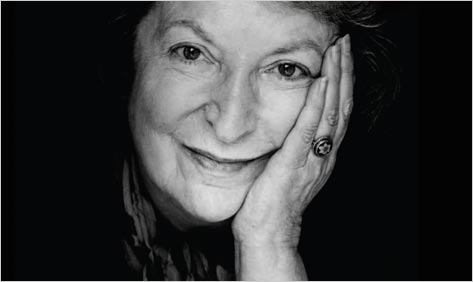In
an evening full of glamour, glitz, young and not so young stars, the Dolby
Theater glowed with smiles and sequins.
Through
the red carpet, marched a parade of haute-couture and ‘oscaresque’ gowns where
white and salmon-pink choices were the most acclaimed. Best Performance in
Supporting Role winning actress Anne Hathaway triumphed with a satin designed
by Prada, which inspired a Twitter account. Also dashing was Charlize Theron
dressed in an immaculate crisp Dior, and Naomi Watts looked like a metallic
mermaid on the carpet. With many people stepping on her beautiful cream Dior,
Jennifer Lawrence ended up doing so herself on her way to embrace her trophy.
Although
he made Tommy Lee Jones smile, host Seth MacFarlane’s sexist and racist jokes
made the audience groan sometimes. William Shatner was right when he referred
to them as ‘tasteless’. One particular original song made more than one renowned
actress look to the ground; but truth be told: MacFarlene’s got a great voice.
The
musical numbers were a great success. Jennifer Hudson shined with a light of
her own and the cast of Les Misérables
got a standing ovation. Among presentations, awards and all that jazz,
Catherine Zeta-Jones blew the audience away with a Chicago number showing that she still has what it takes.
The
Academy honored 50 years of 007 movies with a tribute presented by a
sensational Halle Berry in Versace. “Bond music is a genre all its own,
guaranteed to make your heart beat faster and take your breath away,” she said
before Shyrley Bassey took the stage with Goldfinger. Adele performed Skyfall,
which would later win Best Original Song.
Other
surprises included Barbra Streisand’s first performance in 36 years at the
Academy Awards and the appearance of the First Lady Michelle Obama via
satellite to announce the Best Picture winner, Argo. This Oscar, along with Adapted Screenplay and Best Editing
made up for the omission in the directing category.
Daniel
Day-Lewis won Best Lead Actor for his incarnation of President Lincoln and Tarantino
got a well-deserved Original Script. But the revelation of the night was Life of Pi. The feature film won for
Original Score, Visual Effects, and Cinematography -in a rare tie with Skyfall-
and Ang Lee, awarded with the Directing Oscar concluded with a “Namaste” in
contrast to the roaring crowd.
